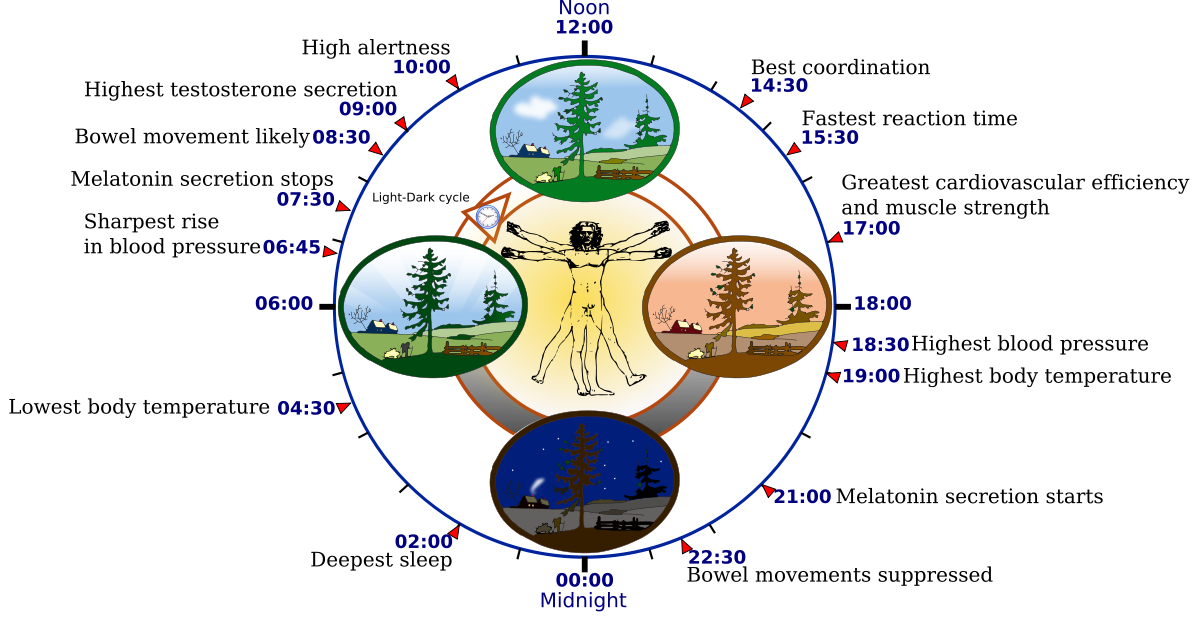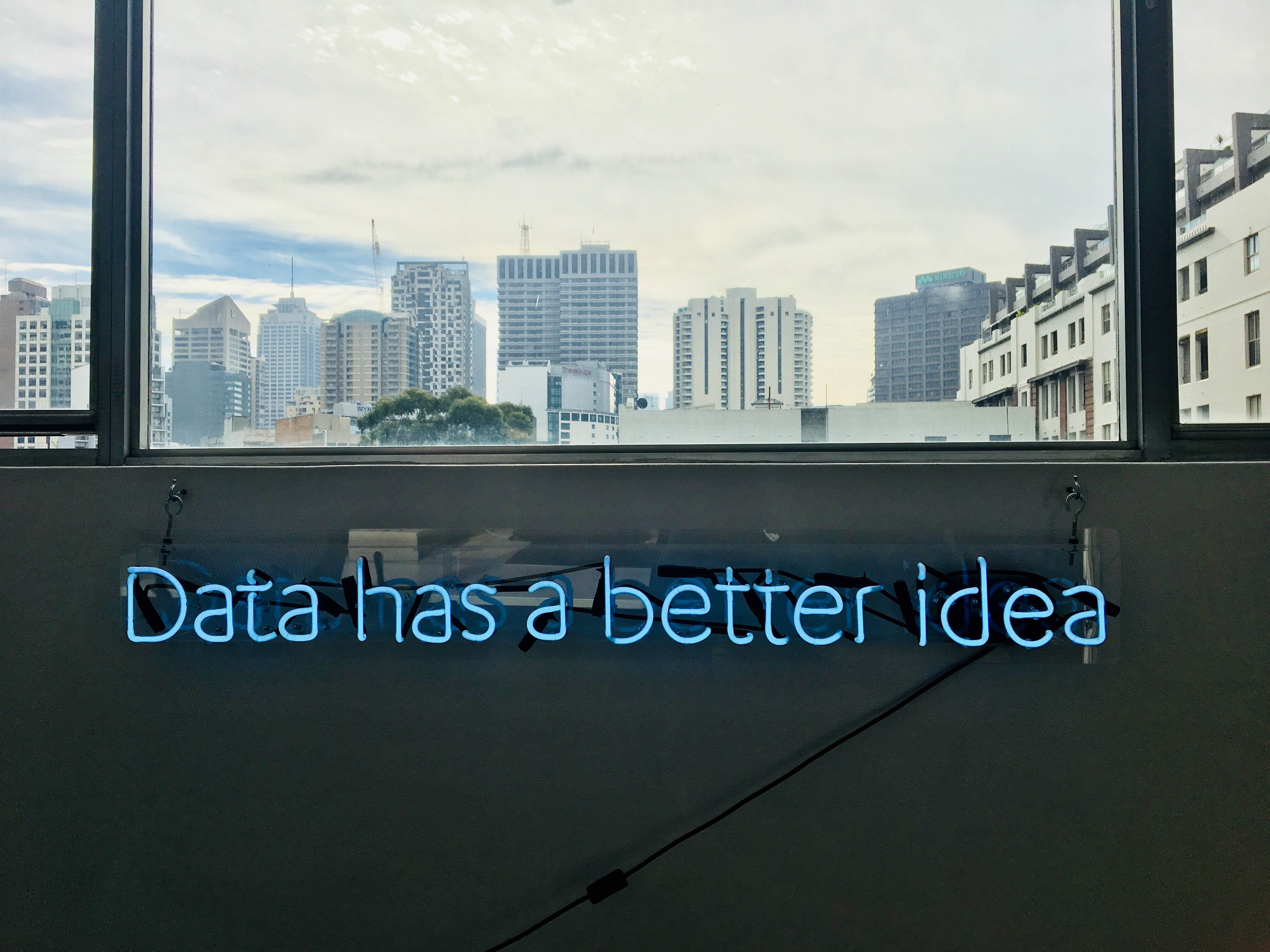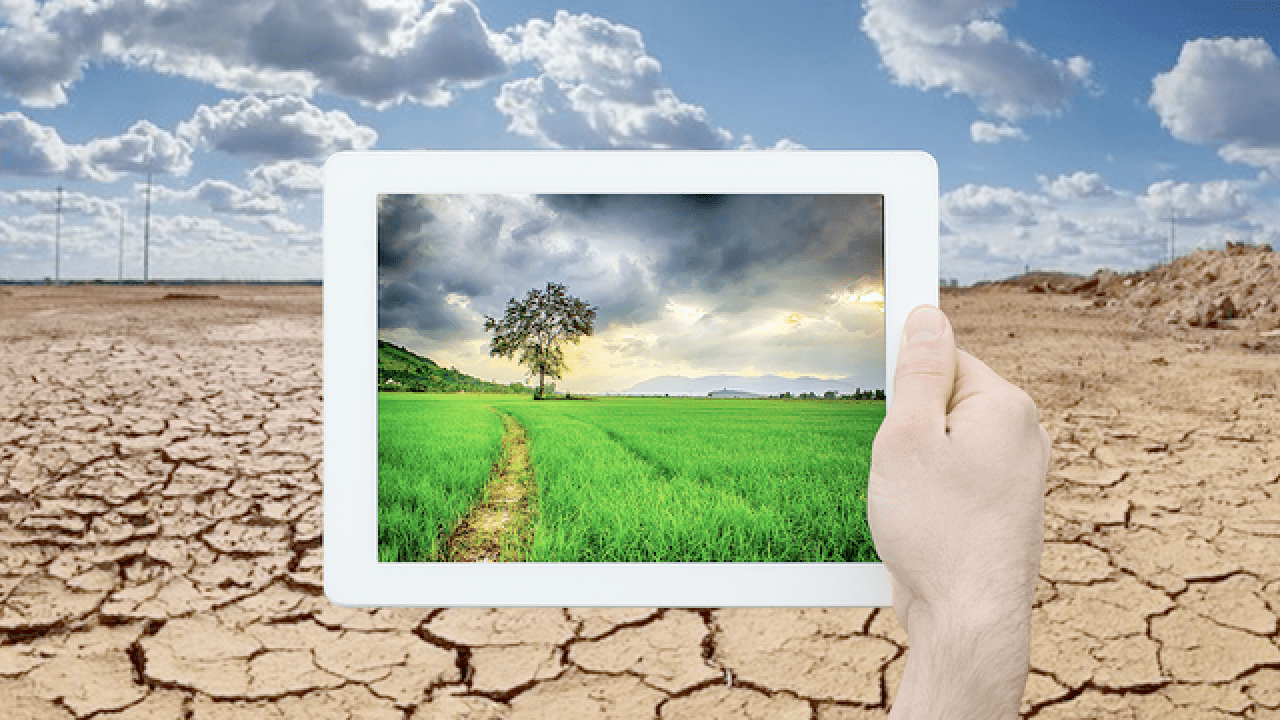In the world of technology, we often tend to think that our life is made simpler and our capability to do things more efficiently has been made possible. However, like our inherent human tendency, we abuse the power we have been given and completely ignore the possibilities of side effects.
Does technology have any side effects? Well, there are many which you might not be aware of but through this post, I will try to answer this fundamental question and hopefully help make your life a little better.
To begin with, answer the following questions to evaluate where you stand now:
- Do you find yourself sleep deprived irrespective of the number of hours you have slept for? or are you waking up each morning wondering why you aren’t feeling fresh?
- Do you experience headaches frequently? Do these headaches last for hours together?
If your answer to both were yes, then this article will give you more information on why that might be happening and suggest slight adjustments that you can make in your routine and try to mitigate the side effects.
If your answer was no for the questions above, then you are doing something right and this article will tell you what that is.
The Normalcy
Before we go about the issues, I would like to dive into the science of what happens normally in a human body and how it happens.I will try to keep these explanations as simple as possible.
1. Circadian Rhythm a.k.a The Biological Clock
The Circadian Rhythm is a cyclic process in your body responsible for controlling various internal processes like maintaining your sleep cycle, blood pressure, secreting hormones at the right time, regulating bowel movements, and many many more things. This happens every day.
(Example of Circadian Rhythm) Source: Wikipedia
Though this cycle has a set of tasks to perform at a given point in time, it is very flexible and can be influenced by the person’s surrounding environment. This is a good thing because it adapts to the natural changes like seasonal changes, light, and temperature without affecting you. However, this also means that leading an unhealthy lifestyle can heavily influence this cycle and throw it off balance causing many issues to you.
2. Eyesight
The reason why we have the ability of sight is relatively unknown. To understand this, we would have to first understand what light is. To put it in simple terms, light is a wave of energetic particles. In this wave, only a small portion is visible to the human eye and this visible portion is responsible for our visual perception.

in the diagram above, the left-hand side depicts lower energy particles and rightmost side indicates higher energy particles. The ultraviolet light comprises of high energetic particles that are bad for humans. Fortunately for us, most of it is filtered out when the light from the sun travels through the earth’s atmosphere.
When the rest of the visible light passes through your eye, many different things happen. Firstly, as the objects around you reflect the light, your brain forms the image of your surrounding by processing in this information. Depending on the energy of the reflected light that falls in your eyes, it will identify and differentiate the various colors and you will be able to see.
However, the energy of the light particles that falls through your eyes is used by the brain to determine a few other things. For example, in the visible range, the blue light corresponds to higher energy particles, and when this light falls through your eyes, your brain interprets that it’s morning time and starts to trigger various chemical processes in your body.
Enroll now to the best Yoga course for beginners. Take control of your health. Click on the image above to know more!
3. The Sleep Cycle
Your biological clock responds to external stimuli to trigger the sleep process. The most influential external stimulus is light. When sunlight fades and it starts to get dark, the amount of light going through your eyes reduces drastically and the body starts to generate a sleep hormone called Melatonin. When this hormone is released in large quantities in the blood ( usually in the night), you tend to relax and start feeling sleepy.
When you wake up the next morning, the sunlight pours in through your eyes and the body gets the signal that it’s daytime. It has now been observed that the “blue light” which is a part of the sunlight is heavily responsible for suppressing melatonin. With the receding levels of this hormone in your body, you feel fresh and ready to start your day. This process happens day after day for your whole life.
Melatonin can also be absorbed by the body from certain types of vegetables and fruits like tomatoes, walnuts, olives, rice, etc and you may start to feel relaxed. When the time comes for the body to secrete this hormone, it generates the right amount required for a good sleep.
In this section, I will try to simplify how the smartphone display works. Though this process is similar to almost all the digital devices, I want to focus more on smartphones as they are the most used device by people these days and are also the cause for the current technology-driven lifestyle.
Most of the smartphones today have LED screens. This screen is made up of a set of LED light bulbs and a few layers above it. These layers are made of various materials to filter light as it reaches to the top where the user can see.
(Cross section of LED screen) Source: Sound&Vision
As these smartphones are often used outside, the sunlight tends to glare your screen and you wouldn’t be able to see anything on it. To overcome that, the phone screens come with a few things:
- Anti-glare screens – These screens disperse the light that falls on it, thereby reducing the glaring effect.
- High Energy light – The Blue Light, which we have seen earlier are high energy particles in the visible range are used. This makes the screen appear much brighter so that you can easily see it when you are outside. The high energy of the blue light particle makes it the perfect choice to beat the sunlight and make the phone display stand out even in bright places.
The result of this is the bright, crisp high definition screen that makes anything on it look amazing any time of the day. This is truly an engineering marvel.
What to de-stress and relax? Learn the breathing exercises: Breathing Made Easy – To Manage Stress and Reduce Anxiety
Piecing Things Together
Now that we know how our body works normally and how a smartphone display would work, we can piece these two together to understand the side effects of using a smartphone throughout the day.
1. The Day Time
During the daytime, there is not much of a difference in terms of the light from the screen affecting you on a short term basis. Mainly because the light emitted by the smartphone has similar traits when compared to sunlight. However, since we are constantly looking at screens for a prolonged period of time during the day, the high energy particles cause flickering in the eyes leading to eye strains. This, in turn, causes loss of clarity, headache, mental fatigue, to name a few.
2. The Night Time
The most destructive effect of smartphone screens happens at night. Consider this normal behavior of an average person living in a town/ city.
He or she returns home in the evening after staring at computer monitors/ mobile phones for a prolonged amount of time. At this point of time, the body senses that it’s dark due to the absence of sunlight and starts to produce melatonin in the body. The person starts to feel relaxed and once the chores are done, the person picks up the smartphone to check WhatsApp, to watch an episode of a series on YouTube and checks mail. At this point of time, the person does not realize what’s happening inside the body.
Inside the body of that person, melatonin, the sleep hormone is being secreted, but as the bright blue light from the smartphone enters the eyes, the brain gets a signal and it starts interpreting that it’s day time. And since the biological clock is influenced by your surrounding, it starts to suppress the melatonin and instead of becoming more and more relaxed, you start to become more and more alert. Suddenly you find yourself thinking, that you aren’t feeling sleepy anymore and you continue to use your mobile for some more time. It’s a vicious cycle.
So, What are the Side Effects?
As you might have guessed by now, this habit of yours is suppressing the amount of melatonin required for a good sleep. This answers the first question that we had asked, why do we find ourselves sleep deprived irrespective of the number of hours we have slept for? and why we aren’t fresh when we wake up. When you do not get a good sleep, that triggers another set of problems like headaches throughout the day, feeling lethargic and having mental and physical fatigue and in some cases, this habit leads to insomnia.
Another side effect that arises from staring at the bright blue light in a dark place is eye strain. The Bright light which has high energy can strain your eyes causing headaches and loss of clear vision.
Learn Yoga the right way:40 Hour Transformational Yoga Training and CEU Video Course
Different Ways to Prevent It
The side effects can be prevented to a great extent and following some of these prevention techniques can help you feel better within a day. Now, the most obvious thing to do would be to reduce the usage of the smartphone. If you can do this, then hats off to you. However, most of us might find this to be a very challenging task. So, for people like you and me, here are a few simple things you can try out for various screen types:
- Use the screen in low brightness from evening onwards.
- For your desktop/ laptop screen, there is a software called Flux. This software works by making your screen slightly orange depending on the time of the day. orange light falls in the low energy particle side of the visible spectrum, thereby reducing damage to your eyes.
- Most Important Step: Practicing this step can quickly show you the results and so it’s important that you do this every single day. DO NOT use smartphones or any digital device 1.5 to 2 hours before you sleep. Make sure you finish checking your emails, WhatsApp and other important things at least 1.5 hours before you sleep. Set your alarms and leave the phone aside. You can use the time you have till you fall asleep to go for a walk, talk to your family members or best, spend time reading a good book.
I hope that this has given you a bit more understanding of the aspects of smartphones and human processes and I hope that this information helps you.
P.S: share your views on the effects of smartphones, how it has helped you or how it hasn’t in the comments below. If you find this article informative, share it with others so that they can benefit from this as well.








Great article! Good job young man!
Much Love!
Very well written correlation of technology effect on biology. Though it’s not possible to follow all of the suggestions, not using phone before sleeping sure helps. I’d read another article on effect of led bulbs, wondering if i should replce em with cfls or good old tubelites…
Hi Akshay,
Brilliant article! I would like to mention one point. There are smartphones coming with night mode that makes your screen more orangy. This feature is there in OnePlus family of phones. It would be good if more and more smartphones adopt it. It would be good if people urge smartphone makers for this useful feature.
Good article.
We can start using DND mode on our mobiles. I use it. 10am to 6am everything is blocked except few people.
I learnt how displays work in this article.